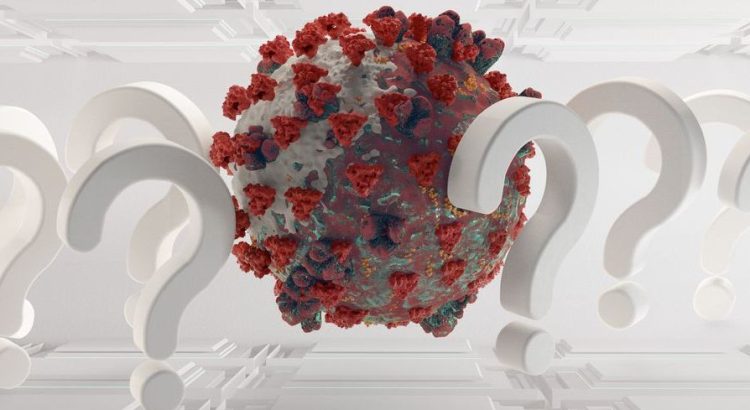Suppose there had never been a public narrative of a novel virus – how might the rise in clotting-related deaths have been interpreted? Would we have examined alternative explanations more seriously?
Cardiac Data

6-month cardiac follow-up data finally arrives
In August 2021, the JCVI said they wanted to delay a decision about children’s covid vaccines until 6-month followup data was available on children from the US who had sustained vaccine-induced myocarditis. But instead of waiting, they passed the decision to the Chief Medical Officers, who decided the jabs would be good for children’s mental health! Well the data is now in and it is not encouraging.
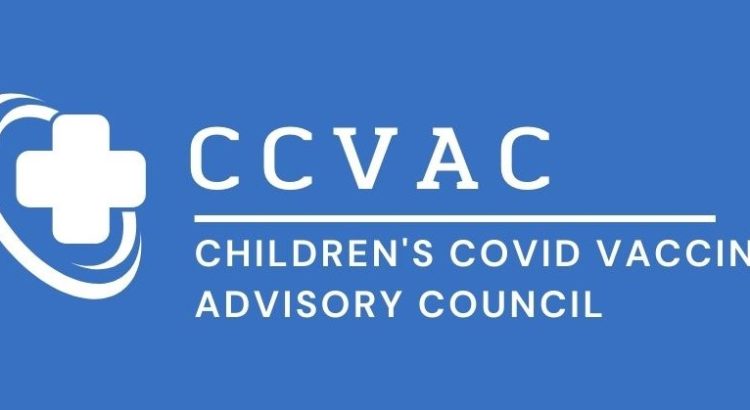
Another letter to the four Chief Medical Officers
CCVAC members wrote to the four Chief Medical Officers in Septmeber 2021 to counsel against approving covid-19 vaccines for use in healthy children without waiting for cardiac followup studies. We have written again to point to the 60% ongoing cardiac damage in those suffering vaccine-induced myocarditis

Cardiac arrest ambulance calls in 2024: how many really?
Weekly cardiac arrest calls were higher in 2022 and 2023 than 2020. Looking at the trends in 2024 would be interesting – if only it were possible.
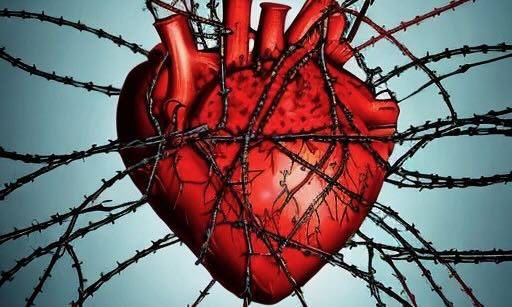
Top Cardiologist Calls on GMC To Investigate Covid-19 Vaccine Injuries
Dr Dean Patterson, a leading consultant cardiologist in Guernsey and Fellow of the Royal College of Physicians, wrote an extraordinary letter to the CEO of the General Medical Council (GMC) calling for an investigation into unprecedented harms from the COVID-19 vaccines.
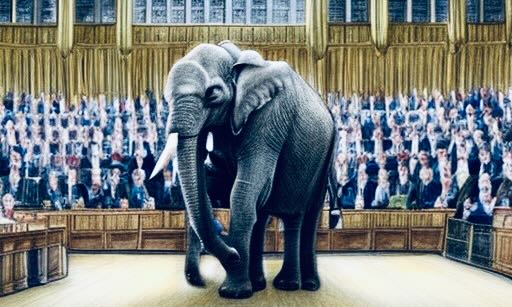
Another parliamentary debate but still no straight answers published
On Thursday 22nd February a private member debate was held on ‘Heart and Circulatory Diseases: Premature Deaths’. The debate was led by Dean Russell, conservative MP for Watford, who spoke eloquently about having a heart attack last August at the age of 47.

New autopsy evidence from Japan: myocarditis – however mild – can result in fatal arrhythmias
The most concerning aspect of this is that the myocarditis itself was “focal and mild, as is mostly observed following COVID-19 mRNA vaccination” yet this resulted in a fatal arrhythmia, because cells which are part of the electrical system were affected.
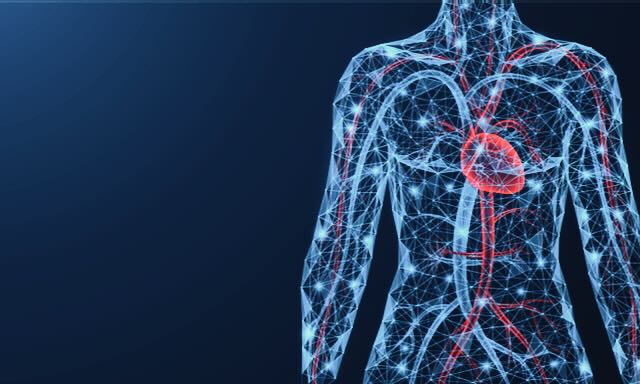
Cardiovascular effects of the covid vaccines
Covid vaccine harm is myriad and certain individuals have experienced a hugely debilitating syndrome of injury affecting more than one organ system. However, in terms of the sheer numbers affected the cardiovascular system is at the heart of the matter.

Study dismisses concerns regarding sudden cardiac deaths of US students
A recent study of deaths in US students appears to show a declining rate of sudden cardiac deaths. The study included students who were registered with the National Collegiate Athletic Association who organise intercollegiate athletics. Figure 1 shows the main findings. However, there are a number of points about this paper which raise doubts about the findings.

Covering up the cardiac deaths in 2021 in Singapore
The Singapore government has published revised data for 2021 which appears to hide a problem they previously reported of excess cardiac deaths.
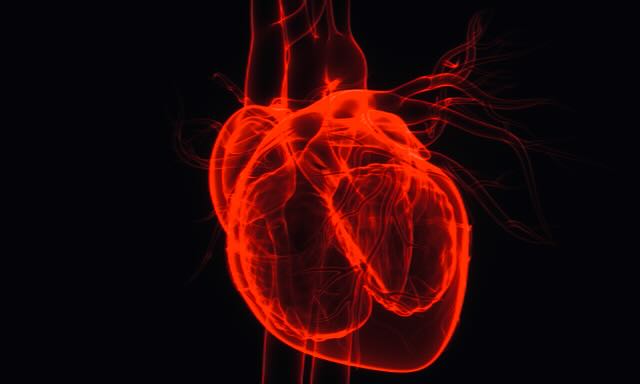
Pulmonary Arterial Hypertension
More stealth damage from mRNAs shots? Also available on Substack – Come and join the conversation with open comments In Jan 2021 Yuichiro Suzuki and Sergiy Gychka, two scientists from Georgetown University, Washington DC, published an article which reviewed a number of studies in animals, including their own work. These raised a number of concerns, […]
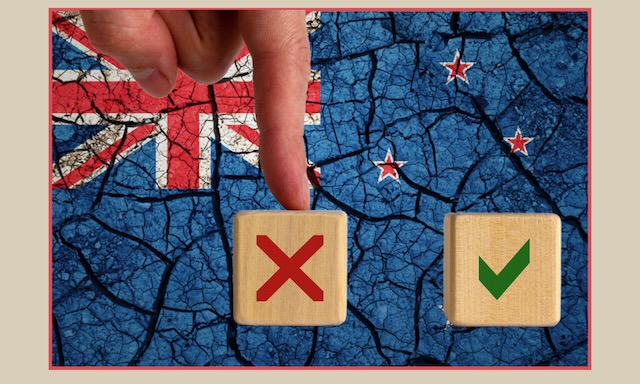
New Zealand study wins the prize for bizarre conclusions
Last month HART editors wrote a slightly humorous article entitled How to get published in the Covid era – HART (hartgroup.org). Humorous, that is, if it wasn’t so serious.

Myocarditis concerns grow
A new study performed on adolescents in Hong Kong who suffered myocarditis after mRNA injection in Circulation appears to be generating quite a lot of discussion over how common it is, and what the long-term outcomes are for those unfortunate enough to suffer from this side effect.
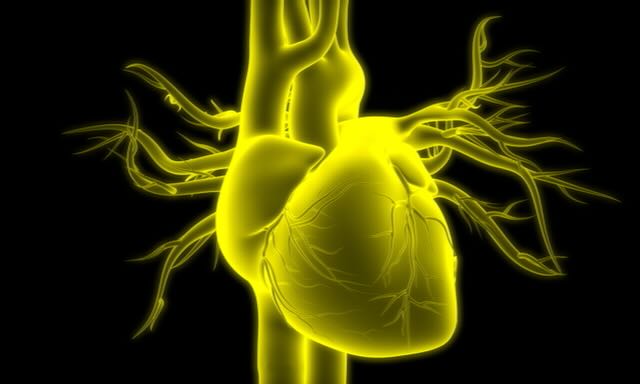
Has there been a real rise in atrial fibrillation?
There looks to have been manipulation of NHS data tables for diagnoses. Recent news items reported on a rise in atrial fibrillation but no one seemed to pin down when this escalation truly began. Could it have been due to covid virus or the covid vaccines? These are critical questions so I went to hunt down the data and see for myself.
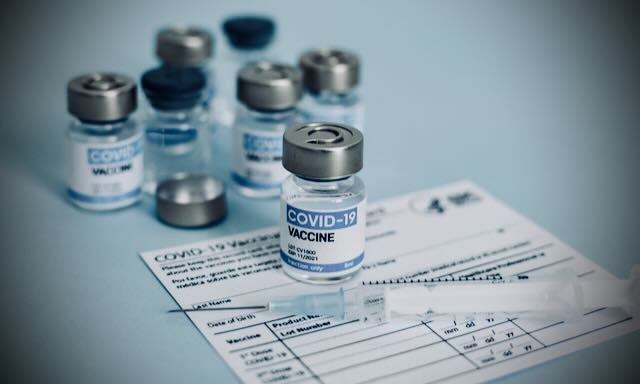
Covid jabs the big picture: Part 2
In this article, we will explore the difficulties in measuring the true extent of adverse reactions from the vaccines, the potential risks associated with different batches of vaccines, and the impact of vaccine rollout on hospital resources and the workforce.
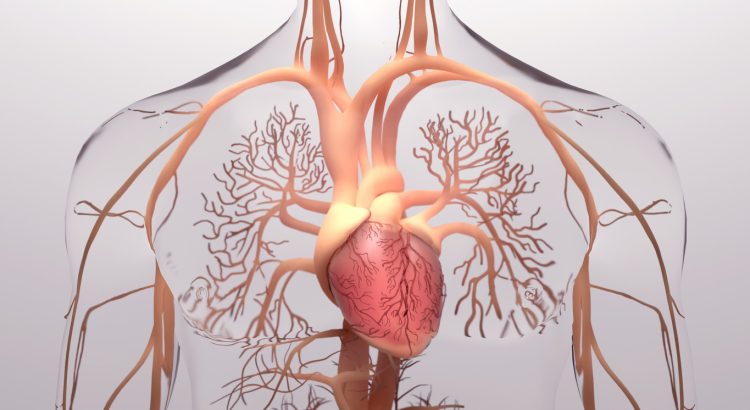
What have viruses and vaccines got to do with the heart?
There are three types of heart disease that are relevant to covid virus and vaccines and what we know about them and how they relate to other virus infections is worth taking some time to understand. Those are inflammation (eg myocarditis) and ischaemic heart disease (where narrowing of the arteries leads to heart attacks): either of these conditions may result in cardiac arrest.

Singapore is a control group
The Singapore government released data on their excess deaths in 2021 which is a window into what has caused excess cardiovascular deaths. Singapore is interesting because covid deaths did not feature until September 2021. Prior to that date only 29 deaths had been attributed to covid.

Joint open letter to Charity Commission
Joint Open Letter from Doctors for Patients UK, HART and the UK Medical Freedom Alliance to Helen Stephenson, CEO, Charity Commission
Re: Allegations that the British Heart Foundation (BHF) is involved in concealing and withholding important information relating to harms to cardiac function caused by the novel mRNA vaccines
